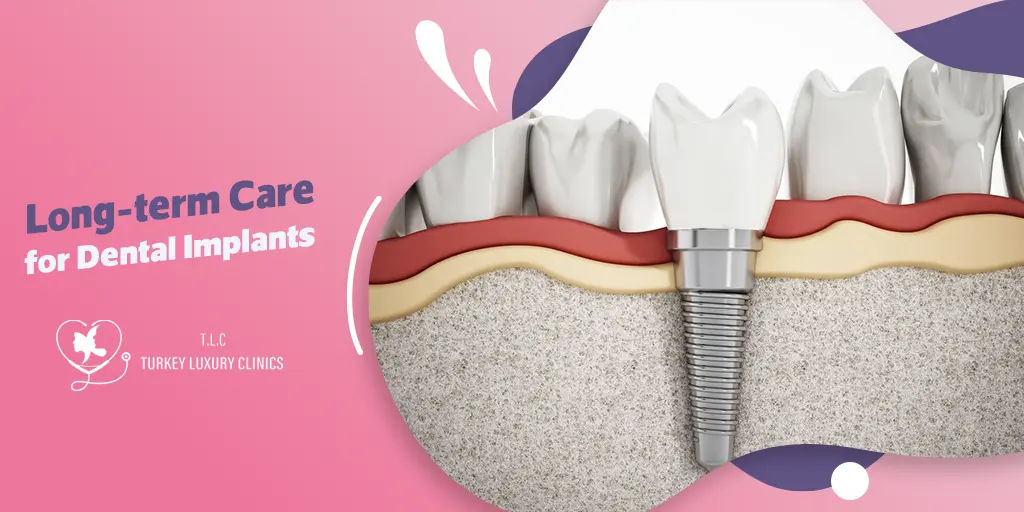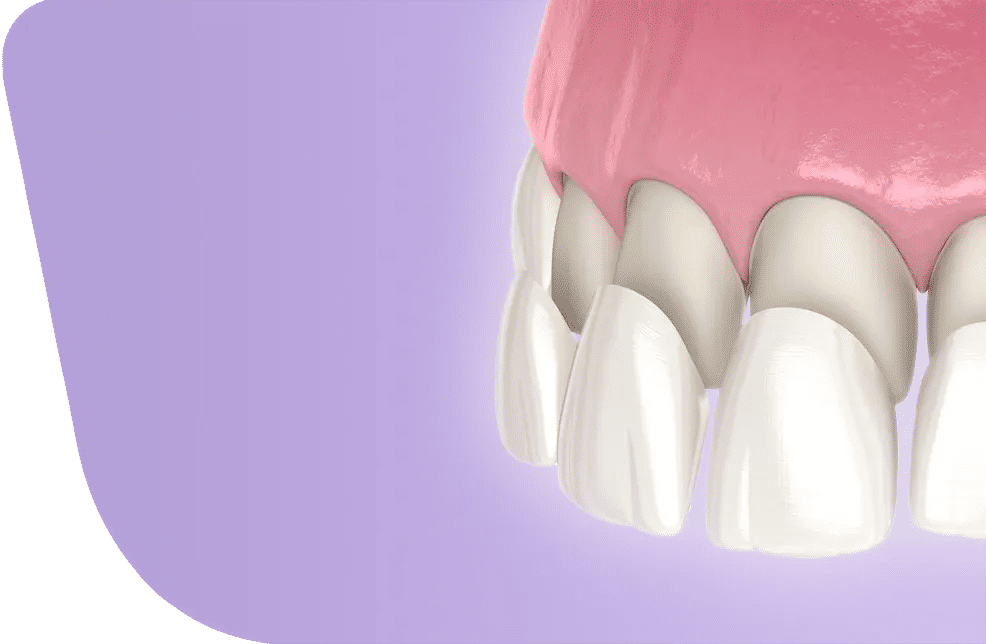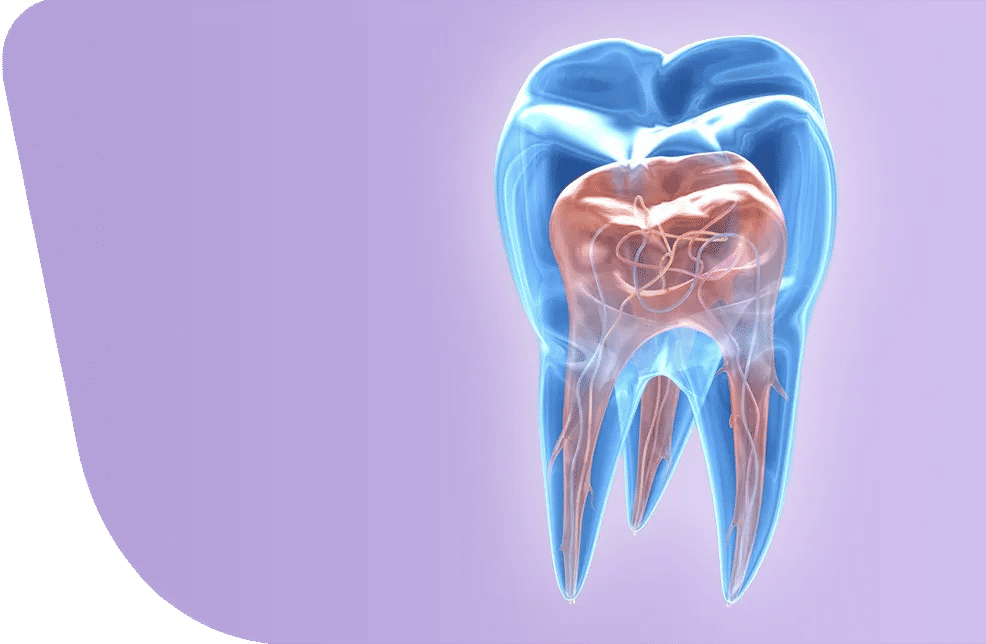- - The Importance of Long-Term Care for Dental Implants
- - Daily Care Routine for Dental Implants
- - Regular Dental Check-Ups
- - Special Considerations for Dental Implant Care
- - Common Issues
- - Signs of Potential Issues
- - Book your Consultation
Dental implants are a highly sought-after and effective solution for replacing missing teeth. They offer a natural look and feel but, to ensure their longevity, proper care is required. This comprehensive guide will explore long-term care routines for dental implants in order to ensure they remain in optimal condition for years to come.
The Importance of Long-Term Care for Dental Implants
It is essential to follow the correct dental implant maintenance procedures if you wish to achieve optimal results over the long term. While dental implants are designed to be durable, neglecting their care can result in complications such as infection, peri-implantitis, or even implant failure. Long-term care routines are an important aspect of maintaining oral health and ensuring the integrity of the implants.
Daily Care Routine for Dental Implants
- Brushing: Dental implants require the same level of care and maintenance as natural teeth, including regular brushing. To maintain optimal hygiene, use a soft-bristled toothbrush and non-abrasive toothpaste to clean the implants at least twice a day. Please pay special attention to the gumline to ensure plaque buildup is not allowed to accumulate there.
- Flossing: Proper oral hygiene includes the use of dental floss to remove food particles and plaque between teeth and around implants. To clean these areas effectively, use dental floss or interdental brushes that have been designed for implants.
- Mouthwash: To reduce bacteria and maintain optimal oral hygiene, we recommend rinsing the mouth with an antimicrobial mouthwash. This process helps prevent infections and maintain the health of the implants.
- Hydration: Make sure you drink plenty of water throughout the day to keep your mouth hydrated. If your mouth is dry, it can lead to bacterial growth and other oral health issues.
Regular Dental Check-Ups
Routine dental visits are key to long-term success with dental implants. It's a good idea to schedule check-ups with your dentist every six months, or as recommended. During these visits, your dentist will:
- Examine the implants and surrounding tissues
- Perform professional cleanings to remove plaque and tartar
- Check for any signs of complications or infections
- Check the fit of your implant and make sure that it is not loose
- Take X-rays of your mouth and see if there are problems with the implant itself.
- Answer any questions you may have about your dental implants.
Special Considerations for Dental Implant Care
- Diet: It's important to maintain a balanced diet rich in vitamins and minerals to support overall oral health. Try to avoid eating hard or sticky foods, as they could damage the implants or surrounding teeth.
- Avoid Smoking: Smoking can slow down the healing process and increase the risk of implant failure. If you smoke, it might be a good idea to quit to help your dental implants last longer.
- Alcohol: It's best to limit alcohol consumption, as it can contribute to poor oral health and increase the risk of implant complications.
- Protective Gear: If you play sports or grind your teeth at night, make sure you wear a mouthguard to protect your implants from damage.
- Refrain from repairing: It's best not to try to adjust or repair your dental implants on your own. If you have any concerns or issues with your implants, it's always best to consult with your dentist.
Common Issues
Even with proper care, issues may arise with dental implants, but don't worry! It's so important to know how to identify and address these problems right away. That way, you can prevent any complications and keep your smile looking its best!
Signs of Potential Issues
- Pain or discomfort: If you're experiencing persistent pain or discomfort around the implant site, it could be a sign that something's not right. It might be a sign of infection or inflammation.
- Swelling or Redness: If you notice swelling and redness around the implant, it could be a sign of inflammation. This could be a reaction to bacteria or a sign that your oral hygiene could be better.
- Loose or shifting Implant: If you notice anything unusual about the implant—like it’s moving around, loosened up, or anything else—let your dentist know right away. This could be a sign that the implant isn't working properly or that it's not integrating well.
Book your Consultation
Dental implants are not a "fit and forget" type of procedure. Therefore, it is of great importance to understand how recovery occurs following dental implant surgery. By adhering to your dentist's recommendations, you can help ensure the long-term success of your dental implants. If you have any questions or concerns about living with dental implants, please don't hesitate to contact us. We are here to help you restore your smile.














.webp)
.webp)
.webp)
.webp)

